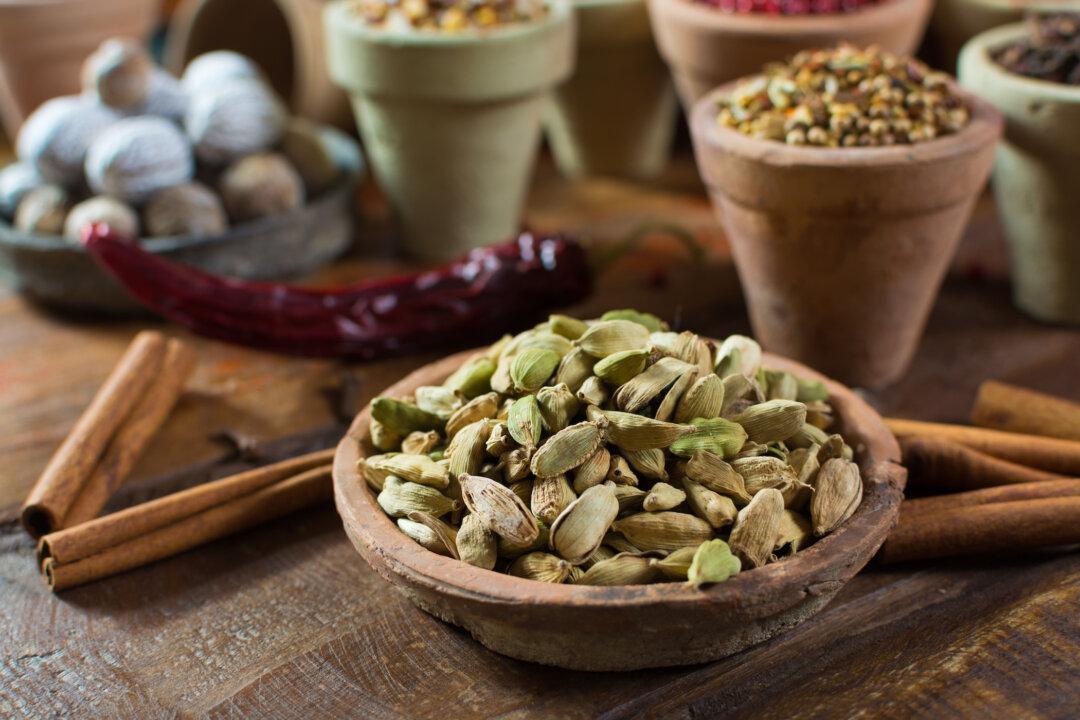It may not be as popular worldwide as ginger, cinnamon and the other heavyweights of the spice world, but cardamom has earned a special place in diet and wellness for its wonderful benefits. In fact, this spice -- a staple in Indian cuisine -- is often regarded as the “queen of spices” where it’s widely used. Here are five astounding benefits of cardamom for easily maintaining your health and well-being
Scientifically known as Elettaria cardamomum, cardamom is a spice taking the form of a tiny pod containing black seeds. It’s an extremely sweet and savory spice, both the pod and its seeds giving off a rich aroma. Cardamom was originally cultivated in India, Nepal and Bhutan, where it’s traditionally used in Ayurveda, India’s medicinal system.





